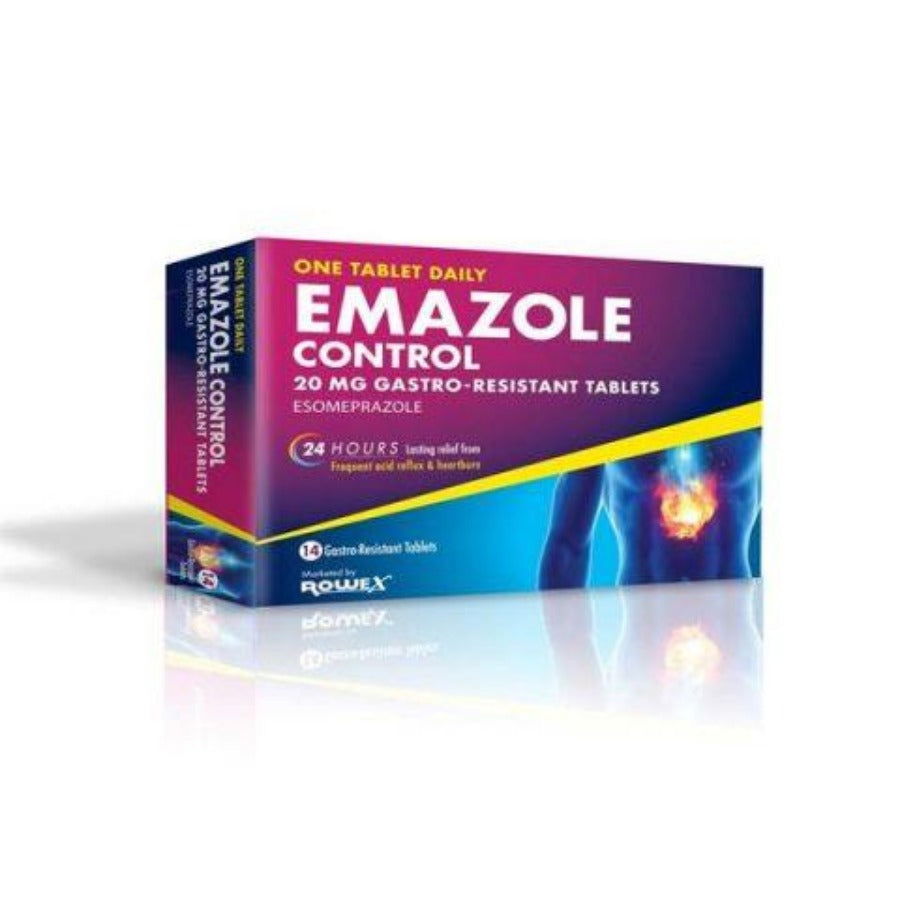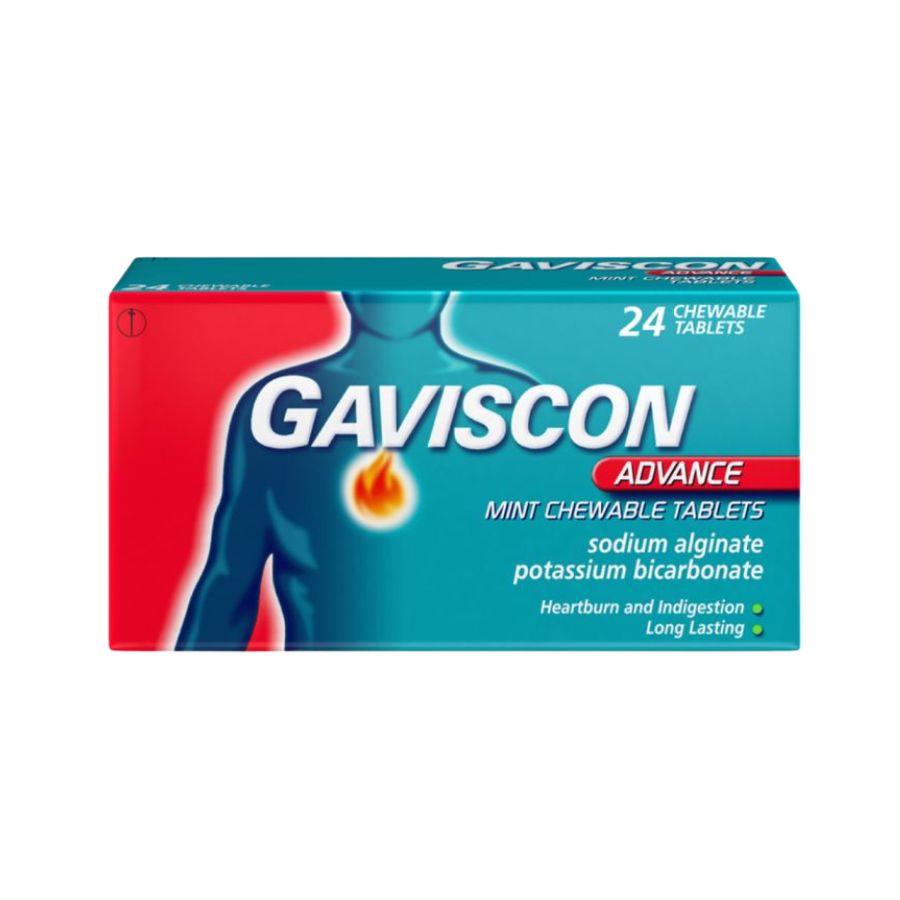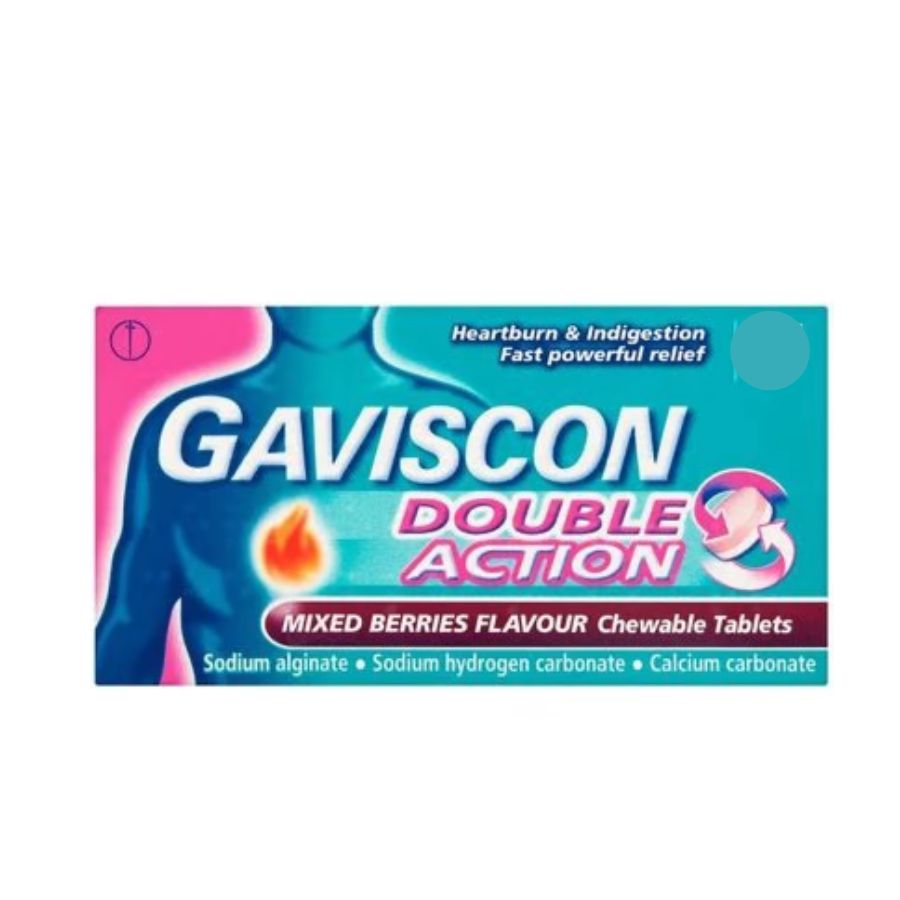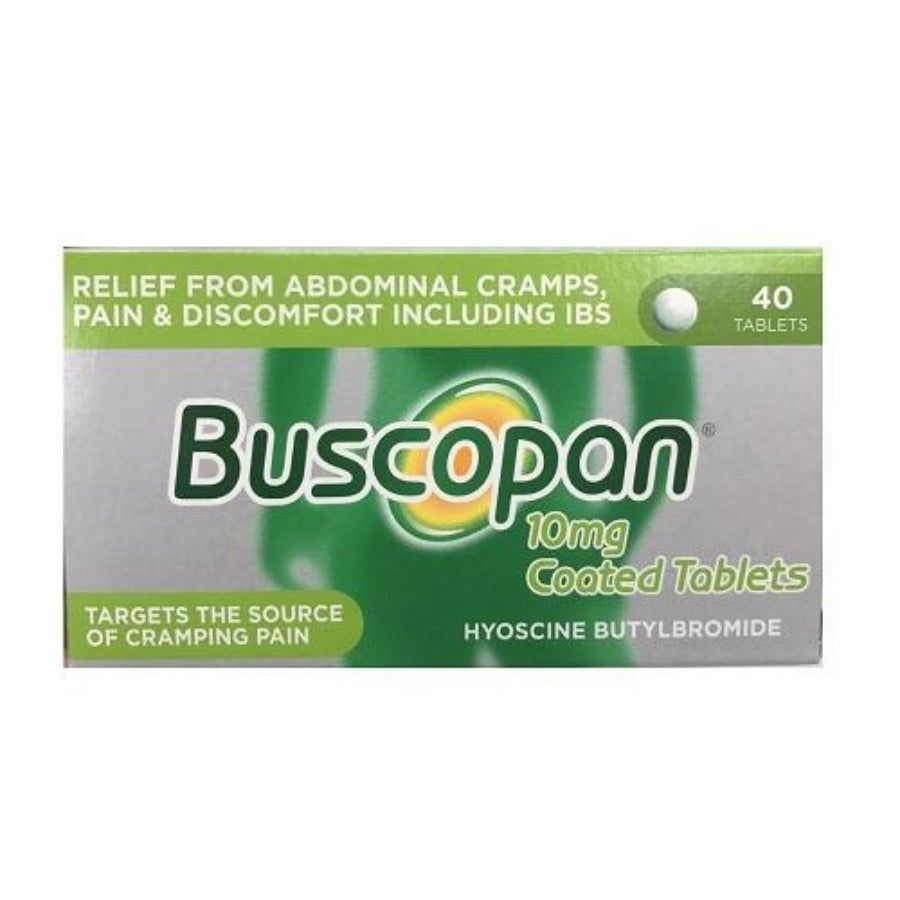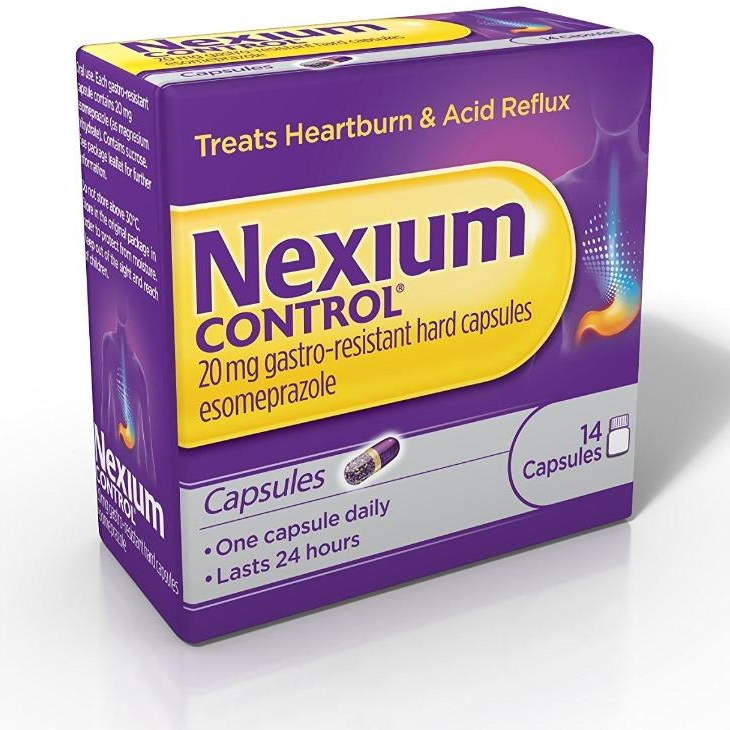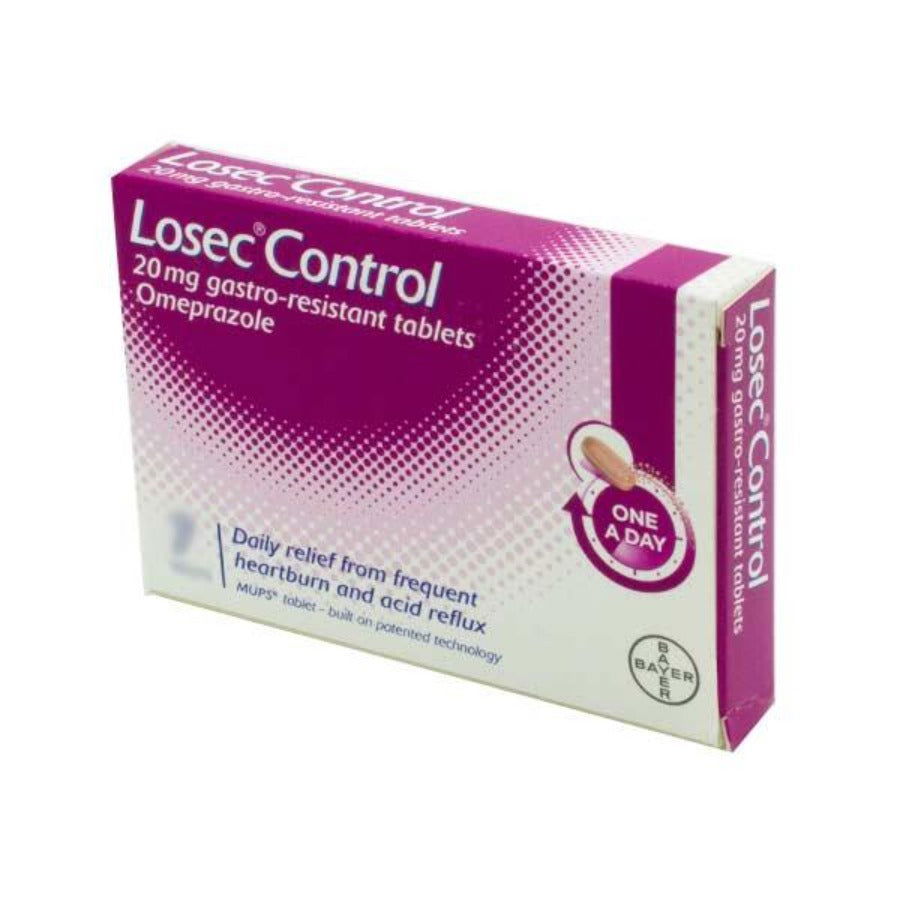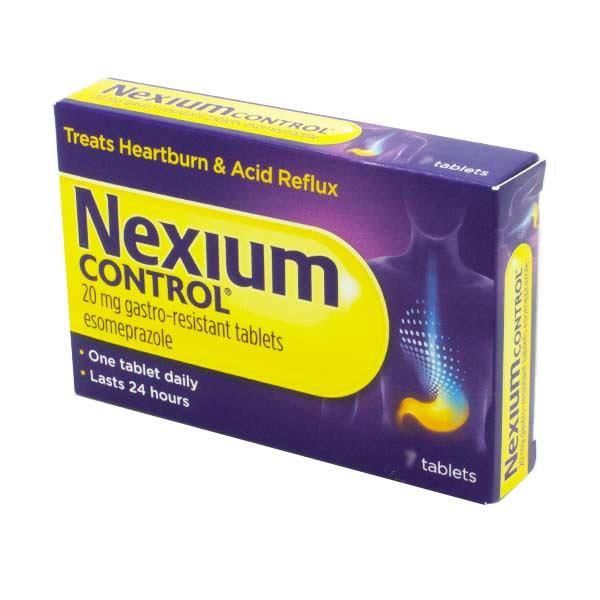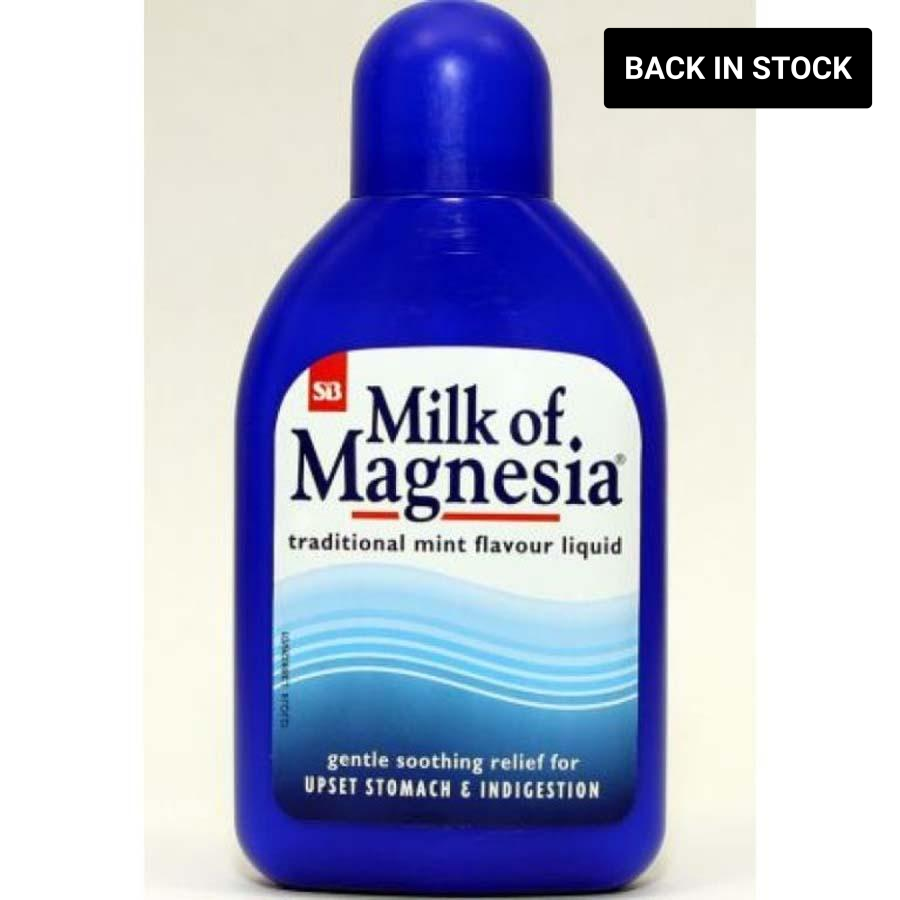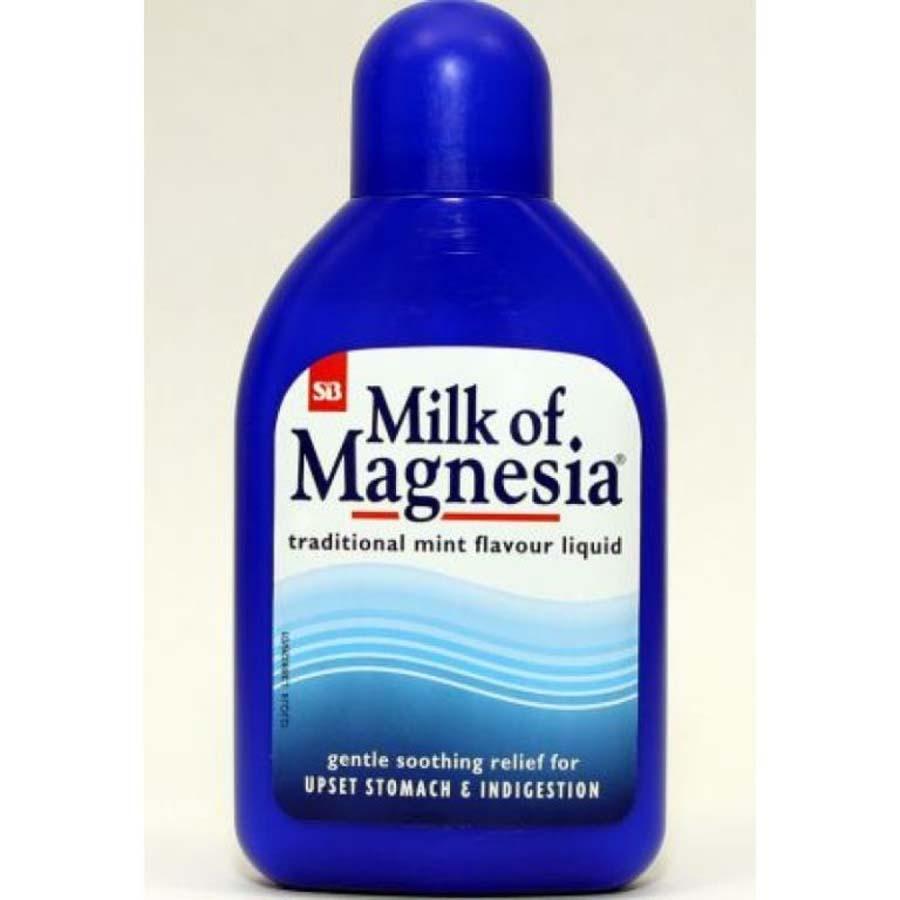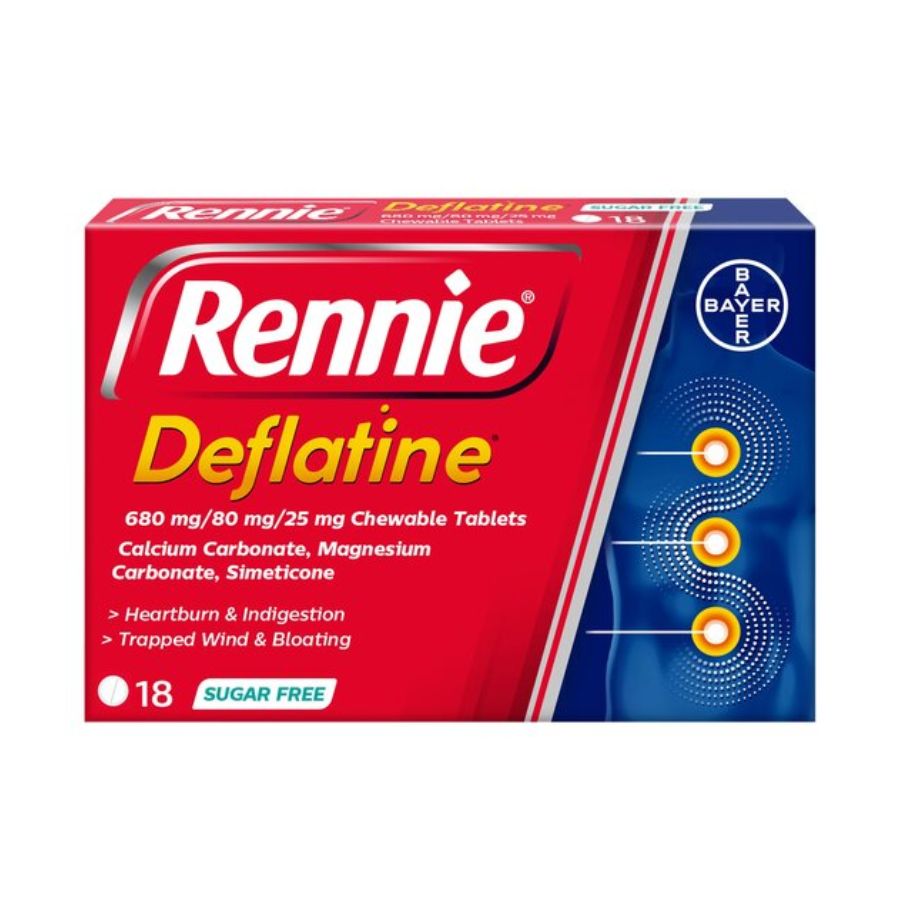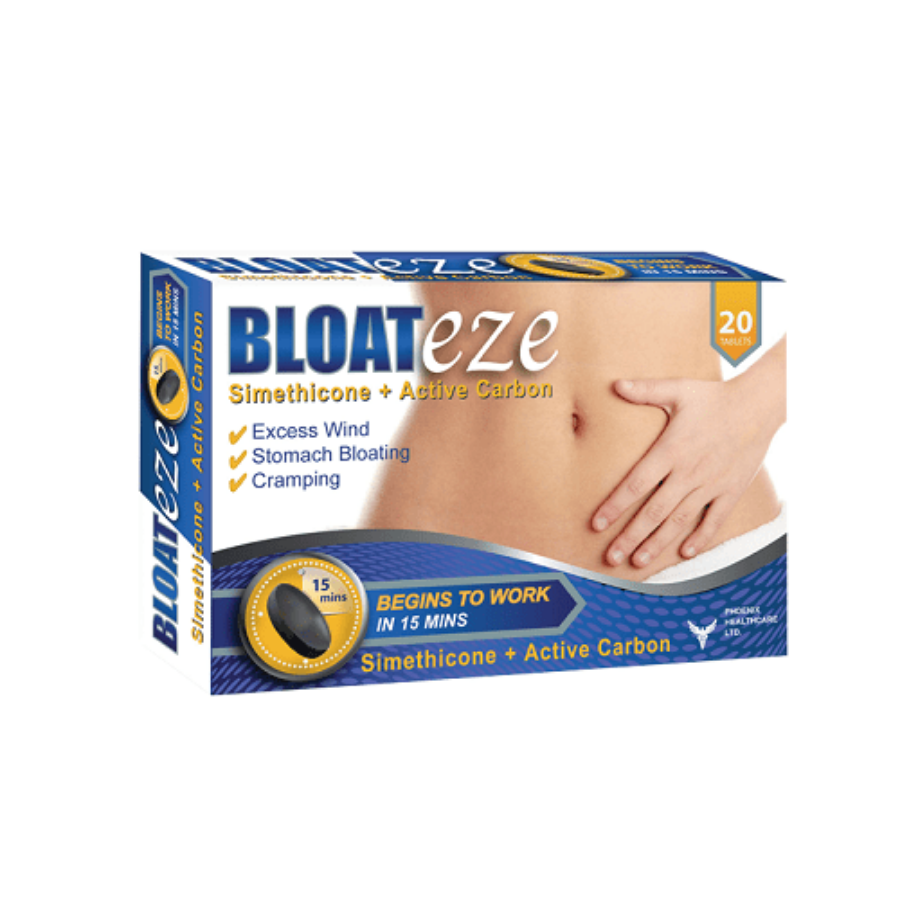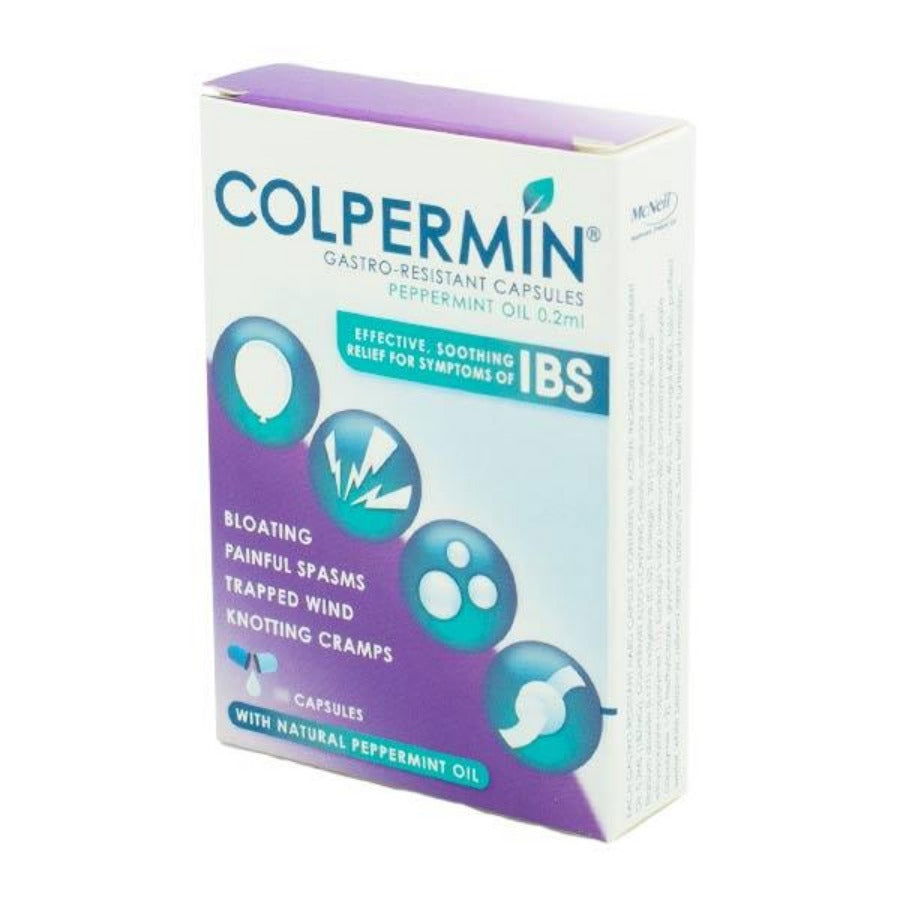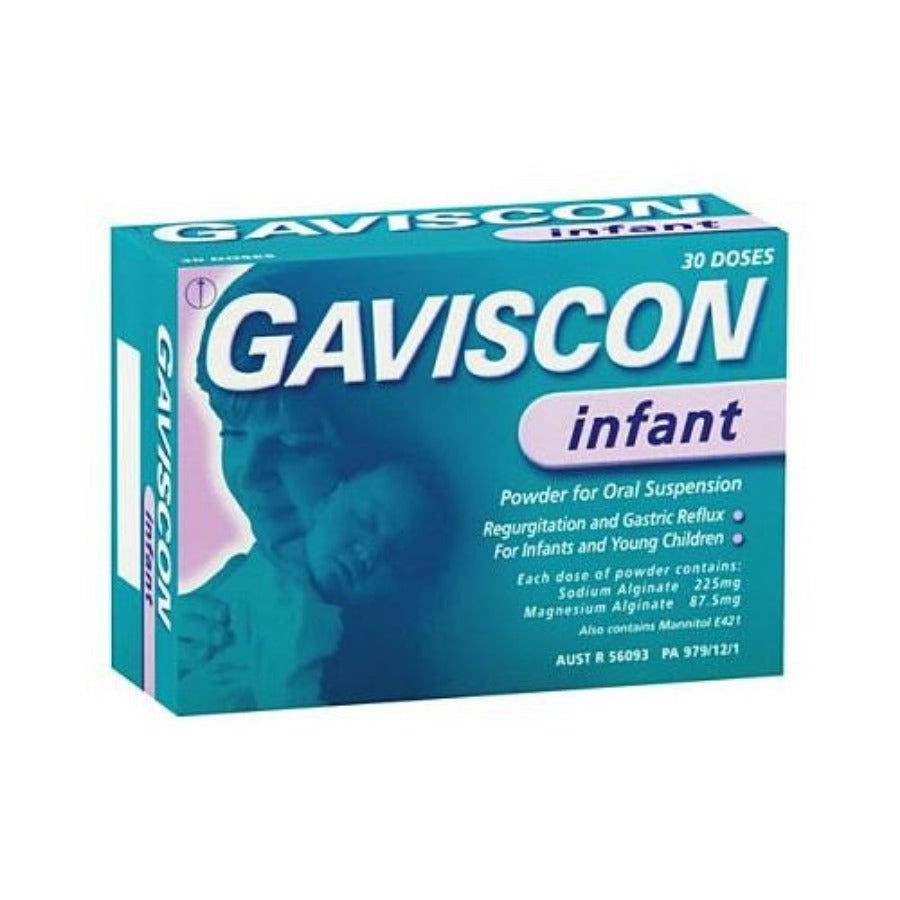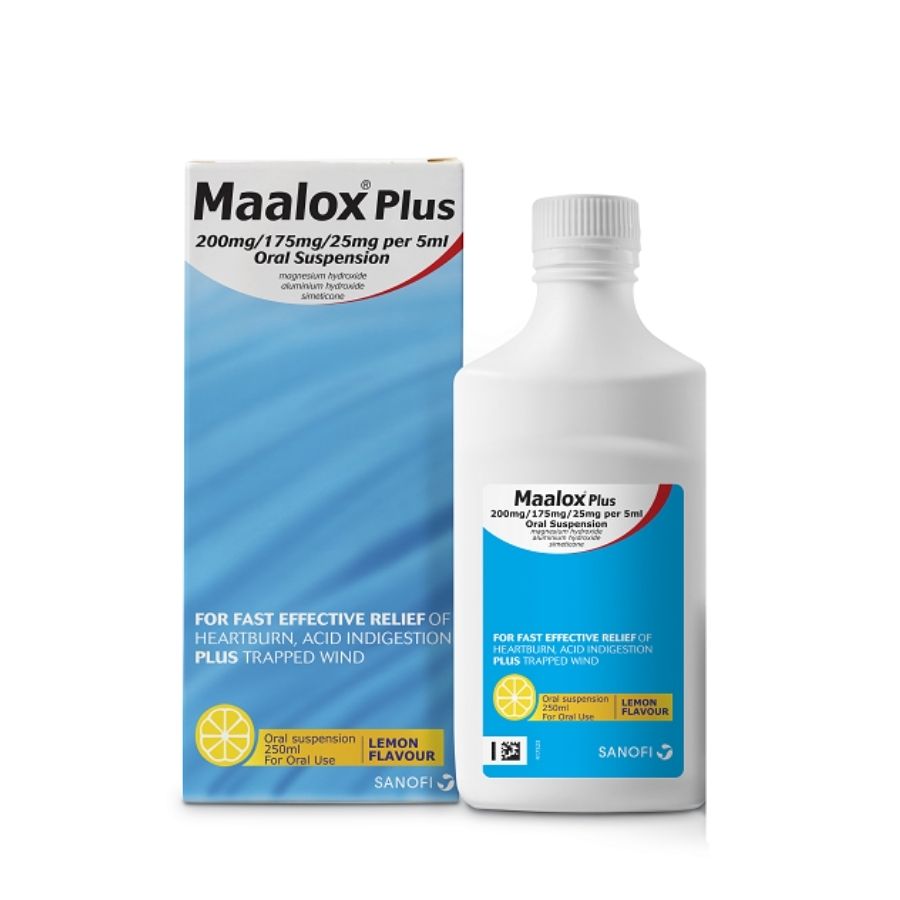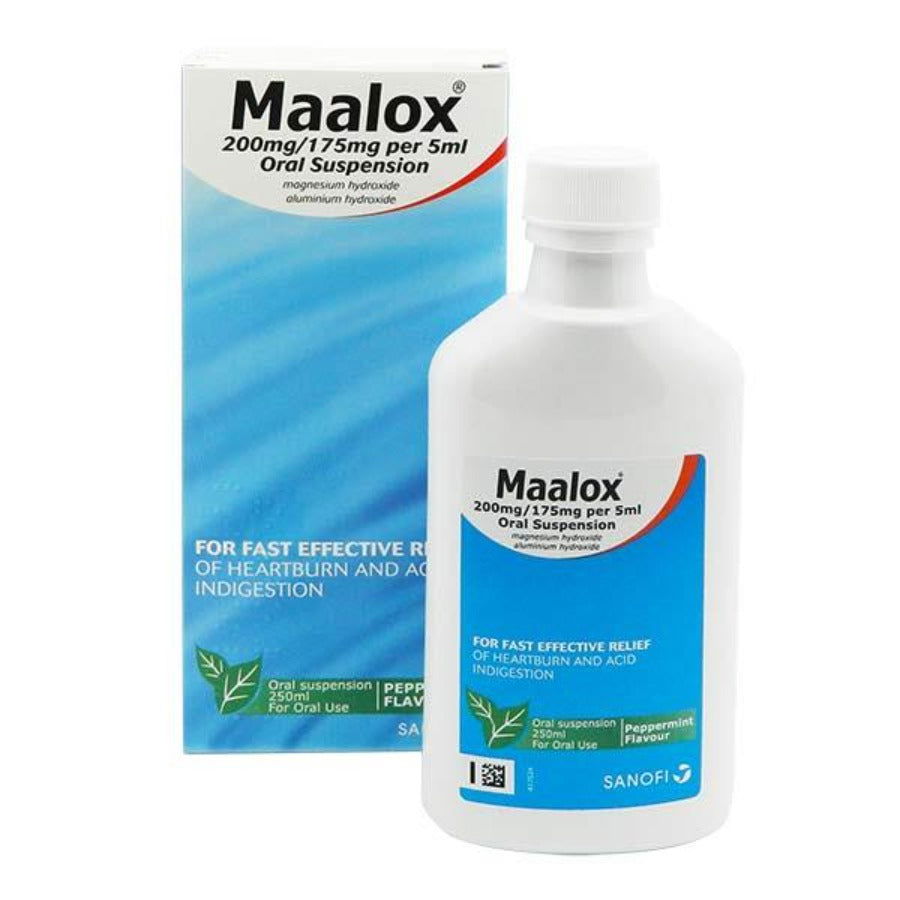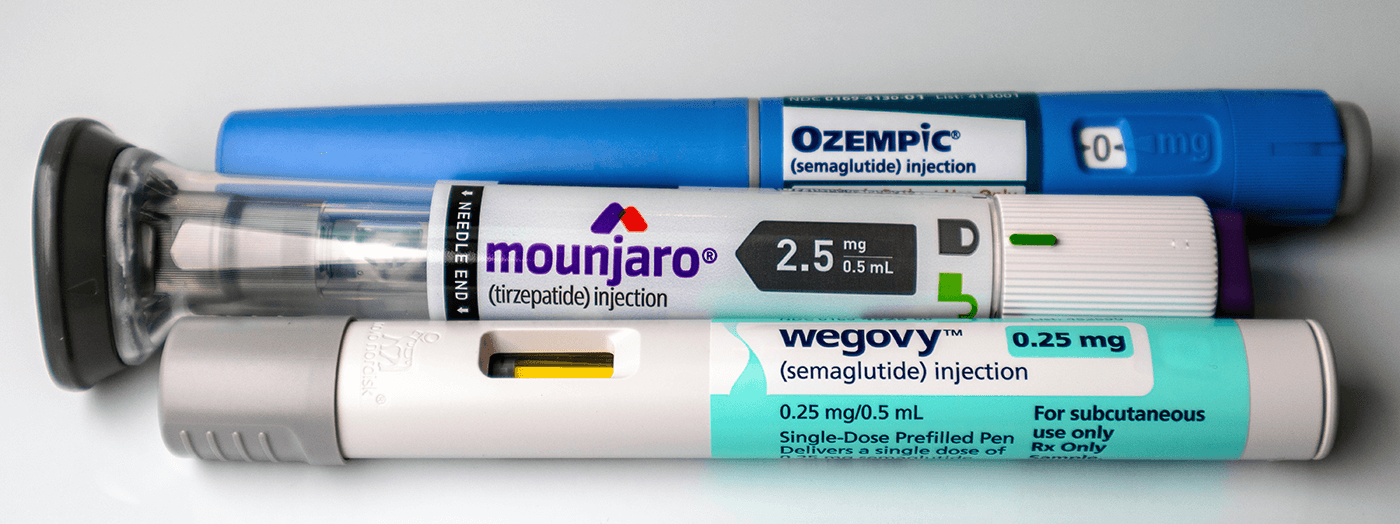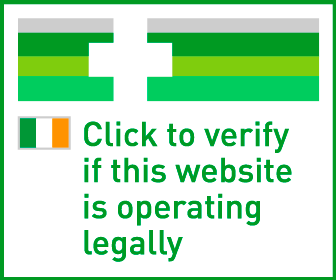Acid Control/Digestive
23 products
Showing 1 - 23 of 23 products
Acid Control/Digestive - Supplements, Tablets, Vitamins & Capsules
Heartburn & Acid Reflux
Heartburn is a burning feeling in the chest caused by stomach acid travelling up towards the throat (acid reflux). If it keeps happening, it's called gastro-oesophageal reflux disease (GORD).
Check if you have acid reflux
The main symptoms of acid reflux are:
- heartburn – a burning sensation in the middle of your chest
- an unpleasant sour taste in your mouth, caused by stomach acid
You may also have:
- a cough or hiccups that keep coming back
- a hoarse voice
- bad breath
- bloating and feeling sick
Your symptoms will probably be worse after eating, when lying down and when bending over.
Causes of heartburn and acid reflux
Lots of people get heartburn from time to time. There's often no obvious reason why. Sometimes it's caused or made worse by:
- certain food and drink – such as coffee, tomatoes, alcohol, chocolate and fatty or spicy foods
- being overweight
- smoking
- pregnancy
- stress and anxiety
- some medicines, such as anti-inflammatory painkillers (like Ibuprofen)
- a Hiatus Hernia – when part of your stomach moves up into your chest
Antacids (Gaviscon) can help ease your symptoms. Antacids neutralise (balance out) the acid in your stomach. Alginates (Rennie) stop the acid leaking back up from your stomach It's best to take these with food or soon after eating, as this is when you're most likely to get heartburn. They may also work for longer if taken with food.
8 out of 10 pregnant women experience heartburn. You're most likely to get heartburn in the third trimester (last 3 months) of your pregnancy.
Reflux is where some of the contents in your baby's tummy leak back up into their mouth. This is different from vomiting, where your baby's muscles forcefully contract.
Reflux is common and can affect up to 40% of babies. It usually occurs because a baby's food pipe (oesophagus) is still developing. It generally begins around 8 weeks old and improves as they get older because the ring of muscle at the bottom of their oesophagus fully develops. This stops stomach contents leaking out. Your baby may not show any signs of reflux or they may show the following signs:
- Spitting up milk during or after feeds.
- Refusing feeds, gagging or choking.
- Persistent hiccups or coughing.
- Excessive crying or crying while feeding.
- Frequent ear infections.
You do not need to be concerned about reflux if your baby is feeding well, happy and gaining weight as normal.
